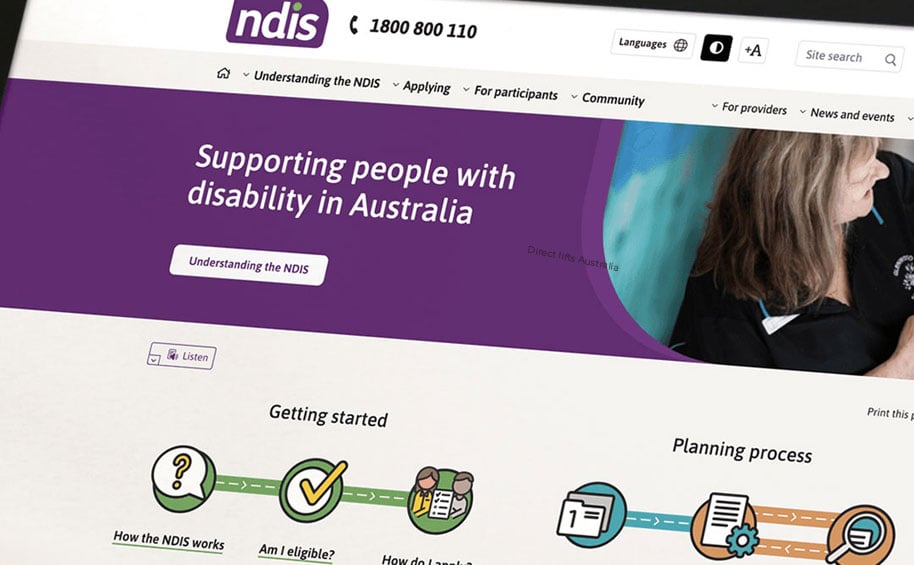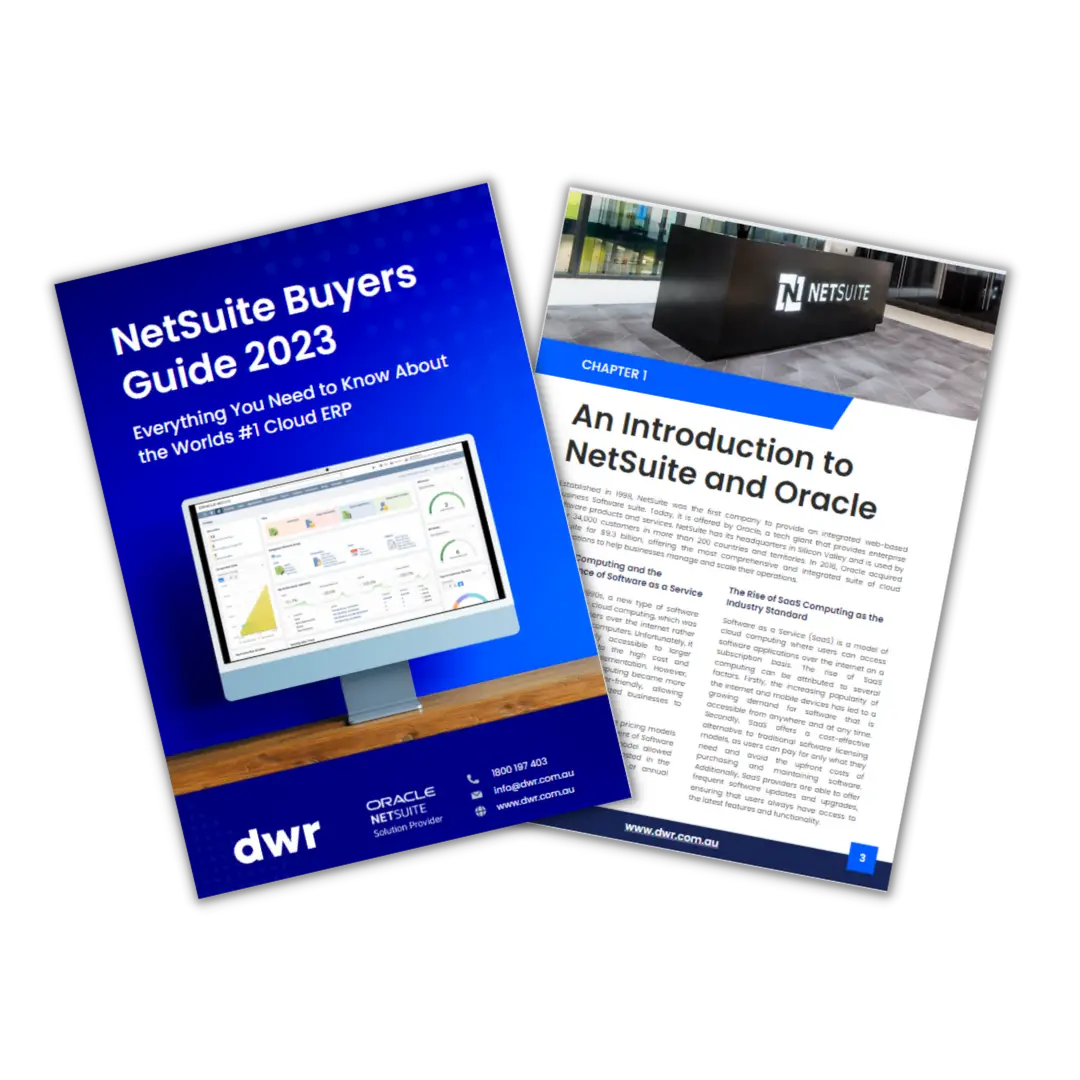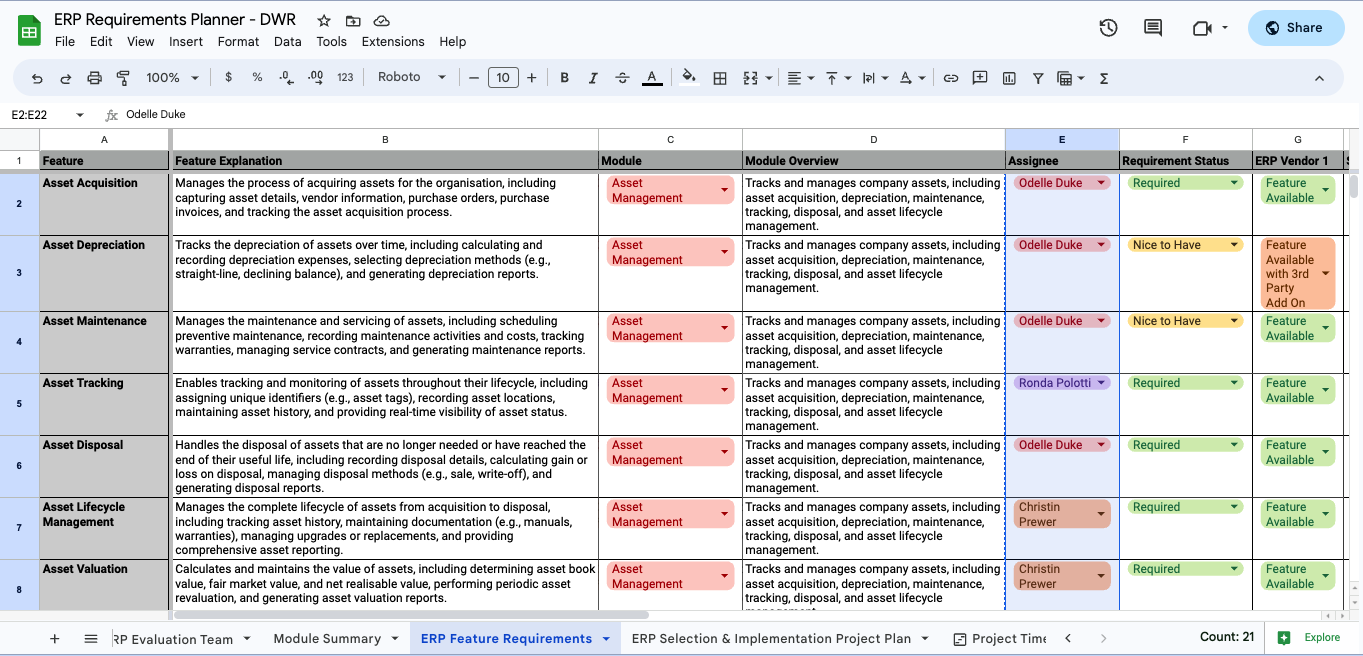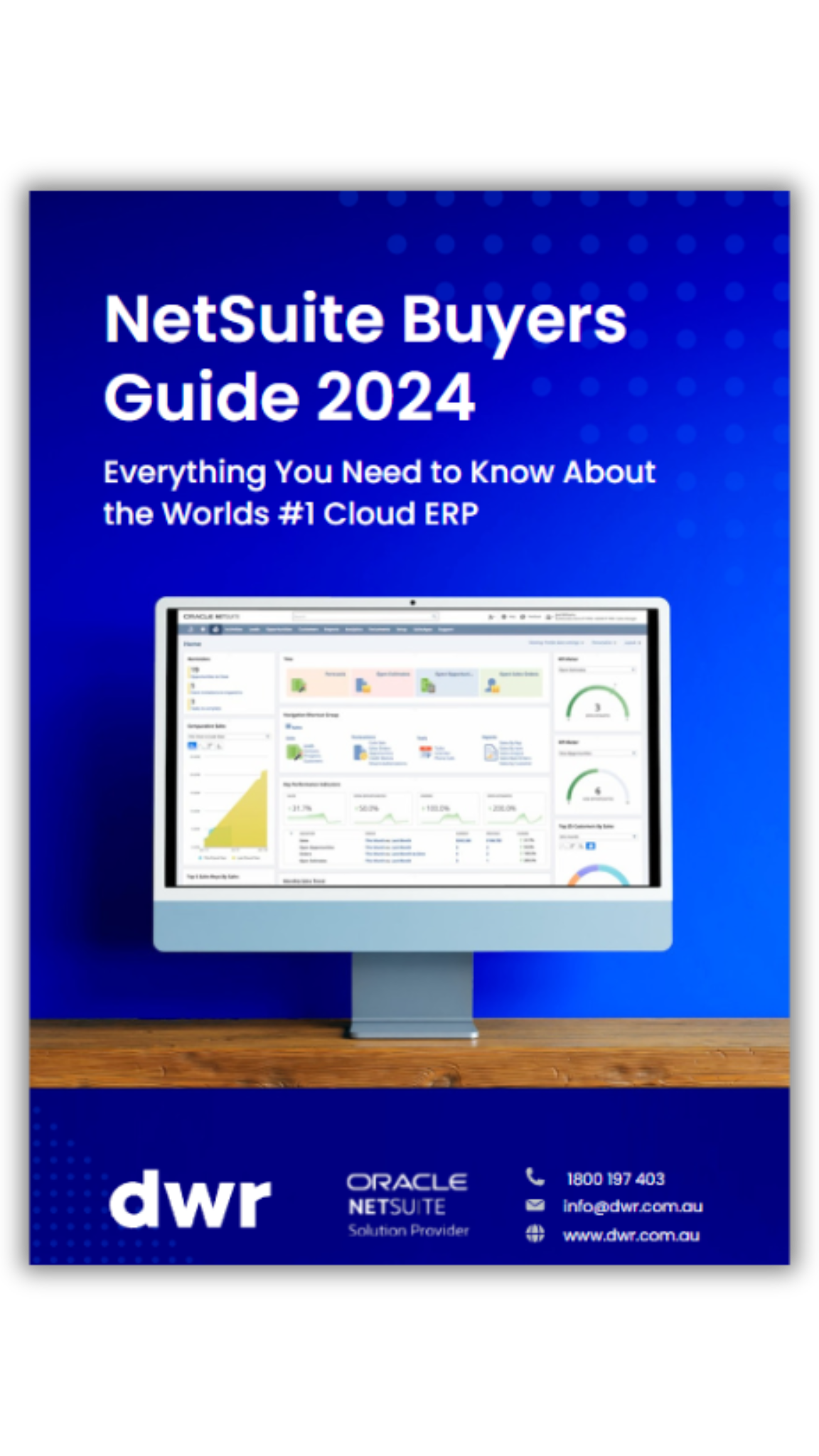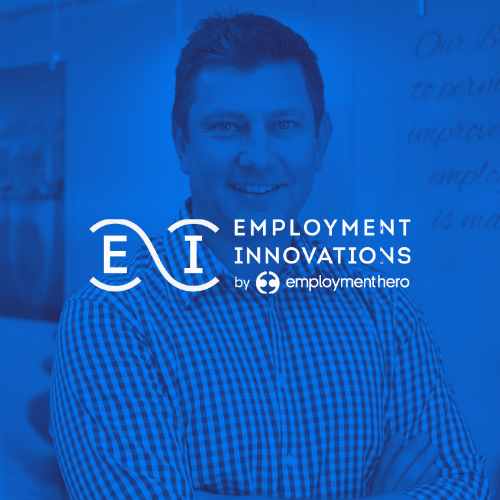According to a recent Gartner report, 87% of senior finance leaders believe that digital transformation is a key priority for their organisations.
The role of the Chief Financial Officer (CFO) is undergoing a significant transformation. No longer confined to traditional financial-focused tasks, today’s CFOs are at the forefront of driving technological innovation and strategic growth. This article explores the evolving responsibilities of CFOs, focusing on the critical areas of modernising ERP systems and process optimisation.
The Changing Role of the CFO in Technology
The modern CFO is no longer just a financial gatekeeper but a strategic leader who plays a crucial role in shaping the company’s future. They are deeply involved in executive leadership, contributing to long-term business strategies and making critical decisions that drive growth and innovation. This shift requires CFOs to possess a broader skill set, including a deep understanding of market trends, competitive landscapes, and technological advancements.
Embracing Digital Transformation and Modern Technology Solutions
CFOs are at the forefront of adopting new technologies to streamline operations and enhance financial reporting. The integration of advanced software solutions and digital tools enables more accurate and timely financial data, which is essential for informed decision-making. By embracing digital transformation, CFOs can improve efficiency, reduce costs, and provide more value to their organisations.
Short on time? Download this article to read later or share with a colleague.
The Evolution of the CFO Role in the Technology Industry: Pioneering Financial Innovation
Download Here!
Navigating Digital Transformation Risk Challenges
With the increasing reliance on technology, CFOs must also focus on risk management. This involves identifying and mitigating risks associated with digital transformation and technological investments. Effective risk management strategies ensure that the organisation can navigate the complexities of the digital age while safeguarding its financial health. CFOs must stay vigilant and proactive in addressing potential threats, from cybersecurity risks to compliance issues.
Modernising ERP for CFOs
Transitioning from traditional on-premises systems to cloud-based ERP solutions offers CFOs greater flexibility and scalability. Cloud-based systems can be easily updated and expanded to meet the evolving needs of the organisation. This shift not only reduces the burden of maintaining hardware and software but also provides real-time access to financial data from anywhere, enabling more agile decision-making.
Using Integrations to Gain a Unified View of Organisational Data
Ensuring seamless integration with other business systems is crucial for providing a unified view of organisational data. Modern ERP systems are designed to work harmoniously with various applications, from customer relationship management (CRM) to supply chain management (SCM). This integration allows CFOs to have a comprehensive understanding of the company’s operations, leading to more informed and strategic decisions.
Enhancing Usability and Adoption Rates Through UX Design
Improving the usability of ERP systems is essential for increasing adoption rates and user satisfaction. Modern ERP solutions focus on intuitive interfaces and user-friendly features that make it easier for employees to perform their tasks efficiently. By prioritising user experience, CFOs can ensure that their teams are more likely to embrace the new system, leading to smoother implementation and better overall performance.
Gaining Deeper Insights with Advanced Data Analytics
Leveraging advanced analytics within ERP systems allows CFOs to gain deeper insights into financial performance and operational efficiency. Data analytics tools can identify trends, uncover inefficiencies, and provide actionable insights that drive strategic decision-making. By harnessing the power of data, CFOs can make more informed decisions that contribute to the organisation’s success.
Financial Process Management Optimisation
Streamlining workflows is essential for eliminating bottlenecks and improving productivity. By analysing and redesigning financial management processes, CFOs can identify areas where improvements can be made. Effective workflow management ensures that tasks are completed more efficiently, leading to faster turnaround times and better overall performance.
Focus on Cost Reduction and Identifying Savings Opportunities
Identifying areas for cost savings through process optimisation initiatives is a key responsibility of the modern CFO. By analysing financial data and operational processes, CFOs can uncover inefficiencies and implement strategies to reduce costs. This not only improves the organisation’s bottom line but also frees up resources that can be reinvested in growth and innovation.
Top Priorities for Tech CFOs in 2024
Adapting Financial Management Processes to Accommodate Remote Workers
Moving to remote work has significant implications for financial management and process efficiency. CFOs must adapt to this trend by implementing digital tools that facilitate remote collaboration and financial oversight. Cloud-based ERP systems, virtual communication platforms, and secure data access solutions are essential for managing a dispersed workforce. Remote work also necessitates a reevaluation of financial policies and controls to ensure compliance and security in a virtual environment. By embracing remote work, CFOs can tap into a broader talent pool and enhance organisational agility.
Protecting Financial Data From Fraud and Cyber Threats
As digital transformation accelerates, cybersecurity remains a top priority for CFOs. Protecting sensitive financial data from cyber threats is crucial for maintaining trust and compliance. CFOs must invest in advanced cybersecurity measures, including encryption, multi-factor authentication, and continuous monitoring. Regular security audits and employee training on best practices are also essential. By prioritising cybersecurity, CFOs can safeguard their organisations against data breaches and financial losses.
Harnessing Big Data to Empower Management Decision
The ability to harness big data is becoming a key differentiator for CFOs. Advanced data analytics tools enable finance leaders to extract actionable insights from large datasets, driving more informed decision-making. CFOs can use big data to identify trends, optimise resource allocation, and improve financial performance. This data-driven approach enhances the accuracy and speed of financial reporting, providing a competitive edge in the technology industry.
Talent Management & Building the Finance Team of the Future
The evolving CFO role requires a finance team with diverse skills and expertise. CFOs must focus on talent management to build a team capable of navigating the complexities of modern financial management. This involves recruiting individuals with strong analytical, technological, and strategic skills. Continuous professional development and training are also crucial to keep the team updated on the latest trends and technologies. By fostering a culture of innovation and learning, CFOs can ensure their finance team is well-equipped to drive organisational success.
Embracing the Future of Financial Leadership
As we look ahead, the role of the CFO will continue to evolve, shaped by emerging trends such as artificial intelligence, blockchain, and sustainability reporting. These advancements offer exciting opportunities for CFOs to enhance their strategic impact and drive meaningful change within their organisations. By staying ahead of these trends and embracing a forward-thinking mindset, CFOs can lead their organisations through the complexities of the digital age with confidence and agility.
For those seeking to navigate this dynamic landscape, DWR Consulting is here to provide expert guidance and support. If you have any questions or need further insights on modernising ERP systems, process optimisation, or the evolving role of the CFO, do not hesitate to reach out to us. Together, we can pioneer financial innovation and drive your organisation towards a prosperous future.
.svg)

.avif)
















